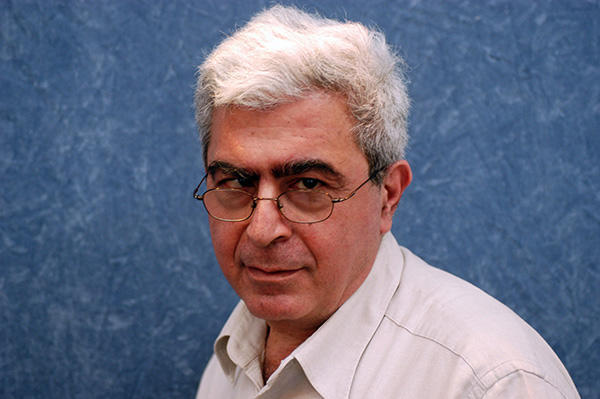
Yalo
By Elias Khoury
Translated from Arabic by Peter Theroux
Archipelago Books, 2007
Elias Khoury’s latest novel, Yalo, maps the muddled recollections of a Lebanese man in the midst of a forced confession. It is the 1980s in Beirut, and Daniel Jal’u, called Yalo by his friends, is arrested on charges of stalking and raping a woman named Shirin.
Yalo first spent ten years as a fighter for one of the many factions of Lebanon’s fifteen-year civil war (pointedly, we never learn which). Eventually he deserted and spent a season in Paris, a lost soul. Then back to Beirut, where he worked on and off as a night watchman and committed, or failed to commit, the crime of which he is accused.
As an interrogator asks him about the events leading up to his arrest, Yalo can remember only fragments of scenes drawn from his childhood. He recalls that he left school to join the war, but he can’t exactly recall, for example, the nature of the crimes he committed in its name. Neither can he recall the details of the night he rapped his Kalashnikov against the window of a car in which Shirin sat with a man who was not her husband. He speaks instead of his grandfather, a deluded priest who, though a Syrian Christian, was raised by a Muslim Kurd; and of his mother, who went mad as a result of her own vanity (she never gave up on a lover who wouldn’t leave his wife for her). Yalo speaks of these things until, at a certain point, you realize he hasn’t uttered a word. He has been silent in the face of his interrogator’s questions; a stutter that has stayed with him since childhood renders all of his reflections and confessions one long interior monologue. When he’s finally forced to speak, he can vocalize only the most ephemeral bits of his memory. His interrogator persists, and an alternate version of his story is produced. It’s impossible to draw conclusions about his guilt or innocence by following the muddled trail of his confession. By the time he’s done, the narrative has folded back in on itself, such that the two versions of the story, internal and external, have become indistinguishable.
Yalo is wholly unable either to tell the truth or to recognize what that truth is in the first place. After he’s tortured, his confessions ring no more true — or false — than before. In the end, it’s hard not to feel sympathy for him, in spite of the grotesque nature of his acts, committed in the name both of love and of war. Khoury’s greatest gift lies in subtly tracing for us the factors that have led to his protagonist’s perversion.